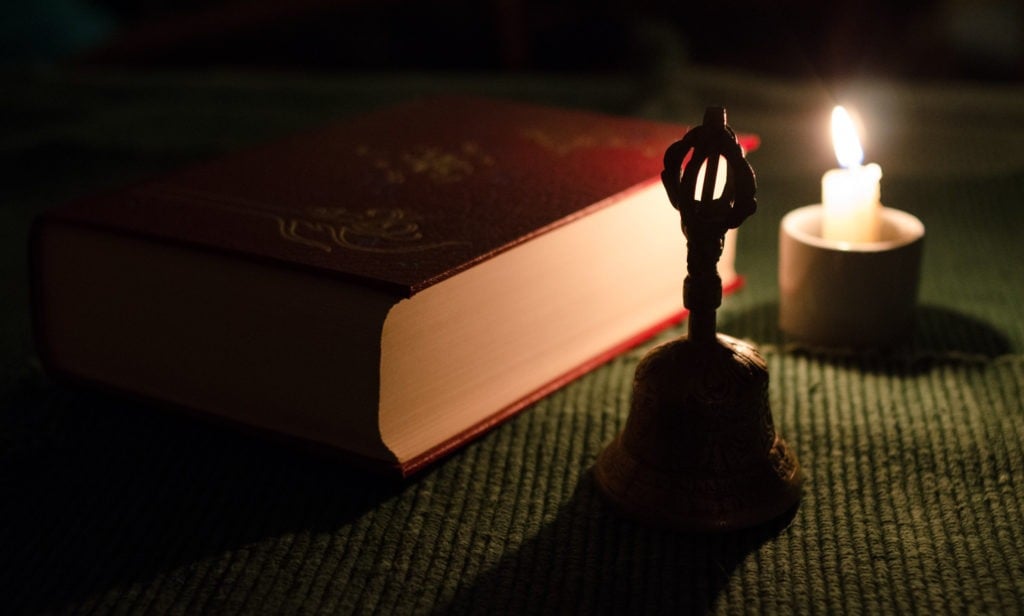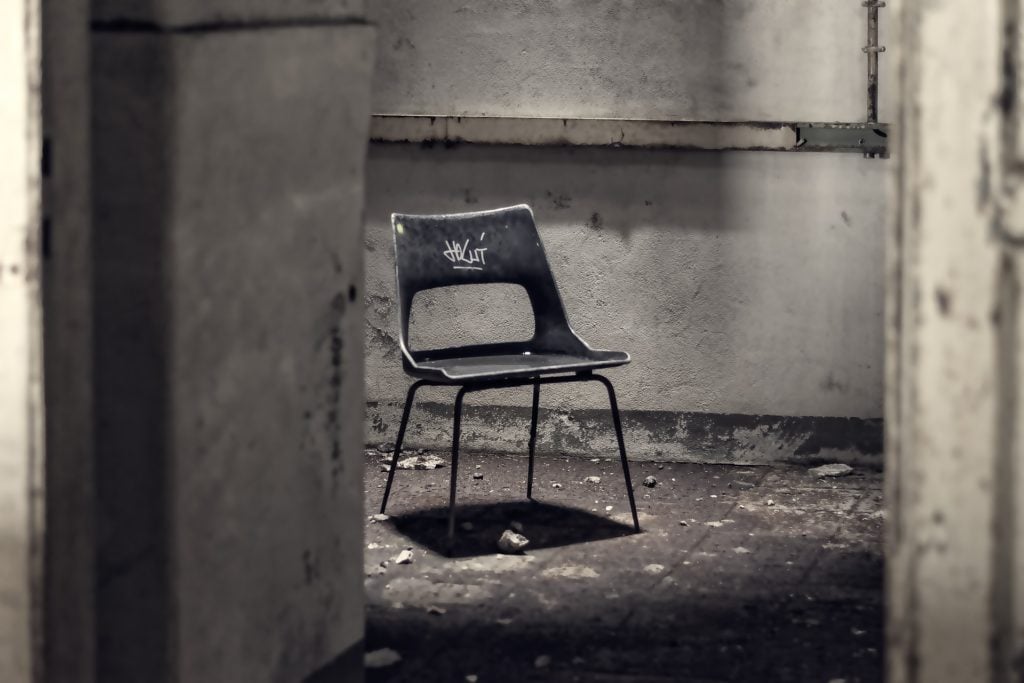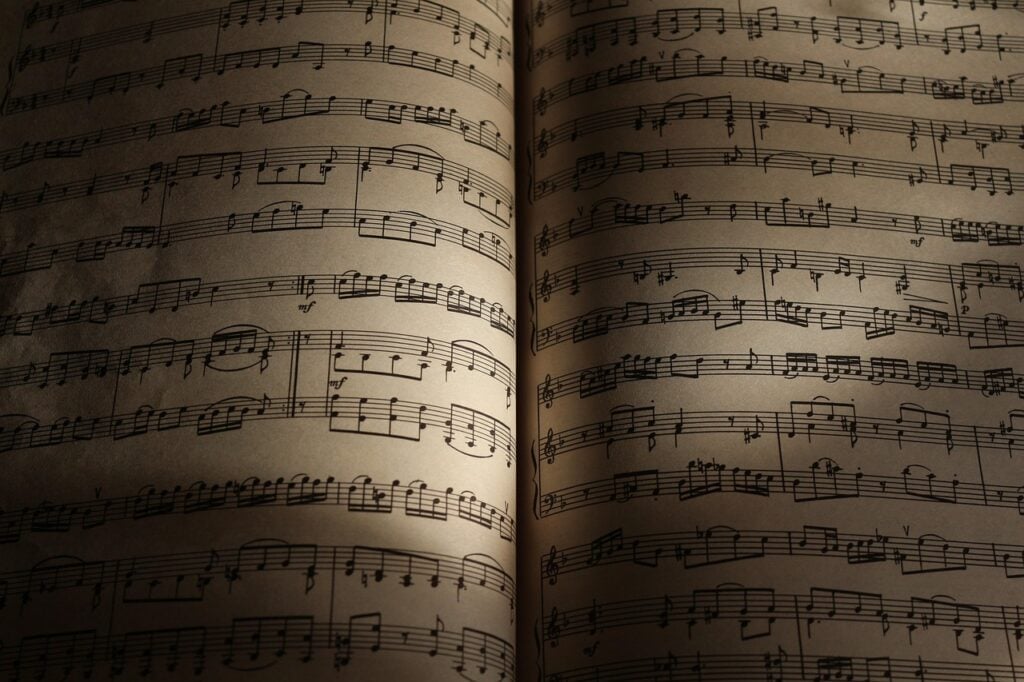Previously: Frequently Asked Questions, Vol. XX.
Hello, friends! It has been a long, long time since I’ve attempted to answer common questions about ritual games, urban legend games, and other scary pursuits — nearly two years, in fact — so, now seems like a good time to look at our backlog of Most Dangerous Games-related queries. After all, you’ve all had quite a few new games to mull over in the interim, Gentle Readers — and it’s only fair that I attempt to provide some answers to the questions you’ve posed in the comments. Welcome to the 21st volume of The Most Dangerous Games: Frequently Asked Questions.

As always, these are by no means the be-all, end-all answers; they’re simply the ones that I believe to be most likely correct, based on a variety of factors, such as close reading of the rules of the games themselves, information provided by people who have played them, connections to extant folklore when applicable, and so on and so forth.
[Like what you read? Check out Dangerous Games To Play In The Dark, available from Chronicle Books now!]
I’ll add these all to the Master FAQ as soon as I can — and while we’re on the subject: If you have a question about a Most Dangerous Game and want to see if it’s already been answered, the Master FAQ is where you’ll find it. Head there to check first; then, if you don’t find what you’re looking for, leave a comment on the page of the game itself and I’ll consider it for inclusion in the next volume of frequently asked questions.
Now, onward!
General:
I sometimes see “power objects” mentioned in ritual game descriptions but I can’t seem to find an explanation of what a power object is. Is it just an object with a lot of personal significance to the player? An object with a lot of positive energy or luck? Or does it depend on the ritual?
Generally, it’s an object of great significance to the player. It can perform many functions, but often, it’s used to help ground the player or offer a bit of protection.
It’s worth noting, though, that it does sometimes depend on the ritual, too — that is, a specific ritual might call for a specific kind of power object. In the Nesting Doll Game, for instance, it’s recommended that you use a “lucky charm” of some sort, although the parameters beyond that are yours to decide. Or, consider the Shoebox Telephone, wherein it’s noted that the power object should have significance not for the player, but for the person the player is trying to contact.
The Three Wishes Ritual:
What happens if you turn around?
At best, your wishes won’t come true. At worst… well, you probably don’t want to know.
The Stairway Ghost Stories Ritual:
What happens if you do look down the stairs before everyone has finished telling their tales?
The original story doesn’t say, but given the source — 2ch — I would imagine something similar to what happens should you, say, look at the woman on the fifth floor in the Elevator Game. Whatever it is, it’s nothing good, that’s for sure.
Red Door, Yellow Door:
Are the things you experience in this game memories, or are they something else?
That’s highly dependent on each individual player. For some, yes, the game might help them tap into memories. For others, it might be something else. You’ll have to figure it out for yourself, if you choose to play.

Why are clocks considered a bad sign? What happens if you go into a room with clocks in it?
The clocks — and the old woman, and the man in the suit — are somewhat… odd. Most versions of the game specify these three things as things to be avoided while playing, but none of them actually specify why. I suspect that, like many other aspects of Red Door, Yellow Door in all its incarnations, the meanings of the clocks, the old woman, and the man in the suit are all unique to each individual player.
There are lots of theories, though, particularly about the clocks. Some folks think they’re meant to avoided because they represent our own mortality and might send us into an existential tailspin if we get too close to them. Others think that approaching the clocks mess up our internal clocks, which might in turn lead to players getting trapped within their own minds. Some players have reported feeling sharp pains in their chests when they got too close to the clocks, while others have not.
You might think about checking r/ThreeKings for experiences; back when the sub was more active than it is now, lots of folks were playing the Red Door, Yellow Door variation known as Doors Of Your Mind, and many wrote about what they experienced. Scroll down to the section about the game here; there are loads of experience posts linked that might be of interest.
What does it mean if there are no doors?
Again, I think it depends on the person, but I think it’s likely that your subconscious is trying to tell you that you’re not ready or equipped to explore your own mind in the way this game has you doing just yet. If there are no doors, there are no entry points — that is, there are no ways into the inner reaches of your mind or yourself. Your mind is protecting you.
Kurokami’s Technique/The Black God Ritual:
Is there a certain date with a specific weather condition that we’re supposed to pick?
Weather conditions, no; date, yes. You’ll need to consult a Rokuyo calendar to find the specific day or days on which the ritual can be performed. Details are in both the instructions and in the commentary preceding the instructions, so please refer back to that piece for more.
O Jogos das Tres Formas/The Three Cups Game:
Do the first two rounds have any lasting effect? Or are they just a build-up to the third round?
As far as I can tell, the round with the results that have lasting effects is the third one. That doesn’t mean the other two don’t matter, though. So, yes, they’re ultimately the build-up to the third round — but don’t make the mistake of think they’re “just” the build-up.
About the “Next Step” for the principal who has their name in the bad glass, where exactly are they expected to hide?
That’s up to you. As noted in the instructions, it should be somewhere safe. It should also, of course, be somewhere you are unlikely to be discovered. Everything else about the hiding space is your call.

Blood Moon Ritual To Go To Another World:
What if the assistant leaves before time is up?
The original source doesn’t say, but I can’t imagine anything good will happen to them. It seems possible they could get trapped between realities or something like that. As far as I can tell, the instructions to stay put are largely for the Assistant’s safety.
What happens if the phone battery drains too early or too late? What does the game being “forfeit” mean?
It just means the game won’t work — it can’t, under the given circumstances. If you end up in a forfeit situation due to poor planning, clear your stuff up and give up for now. You can try again at a later date if you like.
The Picture Game:
What happens if you use a camera phone? I know it’s not recommended, but it doesn’t say that it’s straight-up forbidden.
To be perfectly honest, a lot of it is because you’ll have to destroy the camera if anything goes wrong, and if you ended up having to destroy a phone to destroy the camera… well, mobile phones are really, really expensive, and y’all, I do not want you to destroy expensive equipment if you don’t have to.
I mean, sure, you could get a cheap burner phone, as is recommended for the Answer Man Game — but it’s a lot easier to find an inexpensive non-phone camera than it is to find an inexpensive phone with a camera on it. Fun fact: Disposable cameras are a still thing! They’re cheap and readily available, and no one will have any compunctions about destroying one if necessary, which I would argue makes them the ideal camera for this game.
Additionally, though, it’s worth considering the fact that if you capture something… not of this world in a photograph taken on a standalone camera, you’ve got a sort of built-in containment method already in play. If you capture it on a phone that’s connected to the internet, though… well, you may have given it a very convenient path to escape, now, haven’t you?
Blind Man’s Bluff:
The rules say not to let your visitors see your eyes. If the blindfold gets pulled off, but you close your eyes immediately, would you be safe, or would you still lose?
Unknown. Theoretically, as long as you don’t show them your eyes — as long as they cannot look into your eyes and see fear in their depths — you should be okay. Realistically, though, you might find it difficult to keep your eyes shut without the aid of a blindfold; the impulse to open them can be strong, or might even happen reflexively as you attempt to navigate your space.
There’s a reason these games are always marked as “play at your own risk.”

Kage Ningyo-san/The Shadow Doll Game:
Does the doll have to be human, or can it be some sort of animal doll?
As noted in the introduction, ideally, the doll should be a kokeshi doll or a paper Hina doll — but, you can also just use whatever you’ve got available. The only requirement is that the doll have sentimental value to you — that it mean something to you. Note, though, that if by “animal doll,” you’re thinking about a plushie, you might have trouble using something soft like that for this game. In order for the setup to be stable, the doll needs to be able to stand upright on its own; a plushie may be prone to falling over.
Would a question such as, “Is A or B a better friend? Swing right for B, left for A, stationary for both or neither” be okay?
Yep, that sounds like it should work. It’s very similar in format to the example given in the Additional Notes section.
Sara Sarita:
Help! What should I do if the coin disappeared?
…I… regret to inform you that you have lost your only way to exit the game.
There’s no helping you now.
I’m sorry.
One Step Ahead:
If I find a really good hiding spot that’s very well hidden, could I stay in it for the duration of the game, or would that count as cheating? If it isn’t cheating, would it be recommended, or something to stay away from?
It’s not cheating; you could try to stay in one hiding spot for the duration of the game if you wanted to. To be perfectly honest, though, it’s not recommended. She’ll find you eventually; She’s very, very good at what She does. Better to keep moving, rather than being a sitting duck.
The Dark Music Ritual:
Are electronic instruments permitted, or would that be a bad idea? (Electronic keyboards or synthesizers for example.)
I don’t see why they wouldn’t be usable; this game, after all, is not one that requires you to leave all electronic devices behind before you play. It might, however, be a little more complicated in that you’ll have to make sure the instrument has power to it while you’re setting it up, and may possibly need to acquire additional items such as amplifiers in order for the music to be heard.

If the instrument is no longer properly making sound, but you are playing the correct notes on the instrument somehow in the situation where you must play the instrument, would that still count?
This question sounds like it falls under “If the instrument is broken, do not proceed. Instead, go to Step 1 of ‘if any of the following occur.’” If the instrument has broken, and the instructions require you to play the broken instrument, then you have, by playing an instrument that is broken such that it no longer emits sound, followed the instructions as required. So: Yes, it counts.
Lights Off:
I’m confused — you win by turning every room to “light on”, so you lose only when every room is “light off”? What if some room have lights on and some have light off? Does it count as loss, or a draw?
There are no conditions under which the game ends with some rooms lights on and some lights off. The game ends ONLY when ALL rooms are lights on, or ALL rooms are lights off. If some rooms have lights on and some have lights off, the game is not over. You must keep playing until either all of the rooms are lights on, or all of the rooms are lights off.
The Lookee Lookee Game:
Would mirrors count as windows (they serve as windows to different worlds in many other rituals), or do only windows that separate you and physically outside the playing space count?
In this case, only actual windows count as windows; no need to worry about mirrors.
Kokkuri-san:
What do we do with the paper and the coin if the coin doesn’t move at all? do we just store them away, or do we have to dispose of either/both of them?
If the coin doesn’t move, Kokkuri-san has chosen not to visit. Since you haven’t made any contact, the paper and coin are just paper and coin. You may dispose of them if you wish, just to be on the safe side, but there’s nothing you need to do with them.
The Copper Wishes Ritual:
Can your copper objects be multiples of the same kind of object? For example, can you bring a different copper penny each time?
I don’t see why not. If using U.S. pennies, though, remember the note about them in the Additional Notes section: Pennies minted in the U.S. after 1982, inclusive, contain only 2.5 percent copper and are therefore insufficient for use in this ritual. If your pennies are from before 1982, though, they’ll have been made almost entirely from copper, so those should be fine.
Should the “Y” shape drawn in the dirt face the principal (and be upside-down to the shore), or should it face the shore (and be upside-down to the principal)?
I believe the Y is supposed to face you — that is, if you’re the one drawing the Y, draw a Y, not an upside-down Y.
Is there any significance to the Y shape?
This is purely conjecture on my part, but for what it’s worth: For me, it brings to mind the practice of dowsing, which sometimes employs a Y-shaped branch to divine the presence of water. I read the drawing of the Y shape near a source of water with copper nearby as sort of dowsing for wishes, if that makes sense.
That’s just me, though.

11 Miles:
What if you want multiple things? Do you have to repeat all 11 miles, or could you compound your wish? Or is it just a one shot, one time deal?
One wish per journey. If you want to make more than one wish, you must make the entire journey — all 11 miles of it — for each wish.
Don’t be greedy, though. These things have a habit of backfiring on those who ask for too much — who take too much — without giving anything in return.
The Train Game/Opening The Demon Gate:
Why is proceeding without the salt dangerous? Is the salt some sort of failsafe?
Something like that. If you really want to find out what happens if you proceed even if the salt is not where it’s supposed to be, head here. It’s… not pretty.
The Playing Card Game:
I just tried this game and my invitation failed, so I burned the deck of cards. What do I do if I want to try again? Buy a new deck of cards?
Yes.
The Game Of Waiting:
The items of value — are they necessarily objects, or can rhey be something like a person, or a feeling?
Unclear. To my mind, they’re objects, but this is an interesting thought. You’ll just have to play to find out, won’t you?
The Raven Man:
What do you consider an object of protection? Like, a necklace with a symbol on it or something?
See: General, “what is a power object?”. A necklace would certainly be convenient, though, as it’s wearable and therefore easily kept nearby for as long as you need it.
How many days exactly should you keep the object of protection by you?
There’s no set number of days, but at least a few. Until you feel like the danger is passed, essentially. You’ll have to listen to your gut on this one.
How many days should you keep the salt at your door?
Again, there’s no set number, but I’d just… leave it there until it dissolves or gets swept away by the weather.
***
Follow The Ghost In My Machine on Twitter @GhostMachine13 and on Facebook @TheGhostInMyMachine. And for more games, don’t forget to check out Dangerous Games To Play In The Dark, available now from Chronicle Books!
[Photo via Tim Pierce, evoo73/Flickr, available under a CC BY 2.0 Creative Commons license; wagrati_photo (remixed by Lucia Peters), Schlumpf98, Tama66, DenisK_2017/Pixabay]
Question for the waiting game, what happens if you lose for forfeit? Do you die? Does the game just not work? Like what? I’d like to know I’ve got a chance to survive incase I die